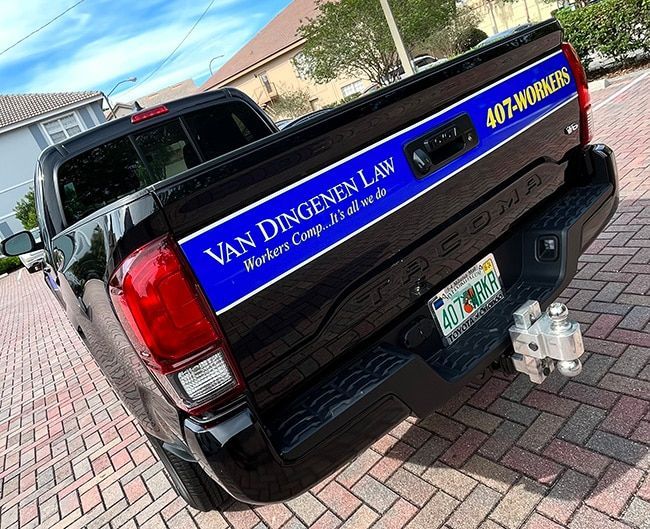Taxes and Co-Pays, and Additional Expenses While Receiving Workers’ Compensation Benefits
Following a work injury, workers’ compensation benefits cover employees’ medical bills, lost wages, and some other expenses. If you were injured at work and are interested in pursuing a workers’ compensation claim, you may be curious about your financial responsibilities while receiving benefits.
Nearly every source of income or financial award is taxed. Bonuses, inheritances, and even lottery winnings require tax payments. Workers’ compensation claimants often wonder about their responsibility to pay taxes on workers’ compensation benefits, and co-pays for their work injury treatment. In most cases, occupational injury victims can receive workers’ compensation tax-free and without the need to provide co-pays at medical appointments.
Do I Have to Pay Taxes on Workers’ Compensation Benefits?
You will not need to pay taxes on your workers’ compensation benefits. If you go back to work in a modified capacity while receiving workers’ compensation benefits — for example, working in a less demanding role — you will be responsible for income taxes. However, your workers’ compensation benefits will still be untaxed if you continue to earn them while working.
Do I Need to Pay a Co-Pay on Medical Treatment for My Work Injury?
When receiving employer-mandated medical care to treat a work injury, you will not be responsible for any copayments. Keep in mind that this is only true until you are labeled as healed by your doctor, or “have reached maximum medical improvement.” This is usually the point when your required treatment will cease. Any treatment you receive after this point will require the payment of co-pays because it was not ordered and will be considered separate from the workers’ compensation system.
Non-Medical Expenses Covered by Workers’ Compensation
There are many peripheral expenses, other than medical bills, that can result from a work injury. Transportation expenses are just one example of an added cost that commonly arises following an on-the-job accident. If you were injured at work, you may be wondering if your workers’ compensation benefits will cover these expenses as well.
Workers’ compensation benefits should cover all expenses that result from a work injury, not just your medical bills. The purpose of workers’ compensation is to cover all costs incurred following an occupational accident. Non-economic damages, however, are not covered by workers’ compensation.
The Van Dingenen Law legal team focuses exclusively on workers’ compensation cases. We are available to discuss the details of your claim.
For a free consultation with our attorneys, complete our contact form or call (407) 967-5377.
The post Taxes and Co-Pays, and Additional Expenses While Receiving Workers’ Compensation Benefits appeared first on Van Dingenen Law.












